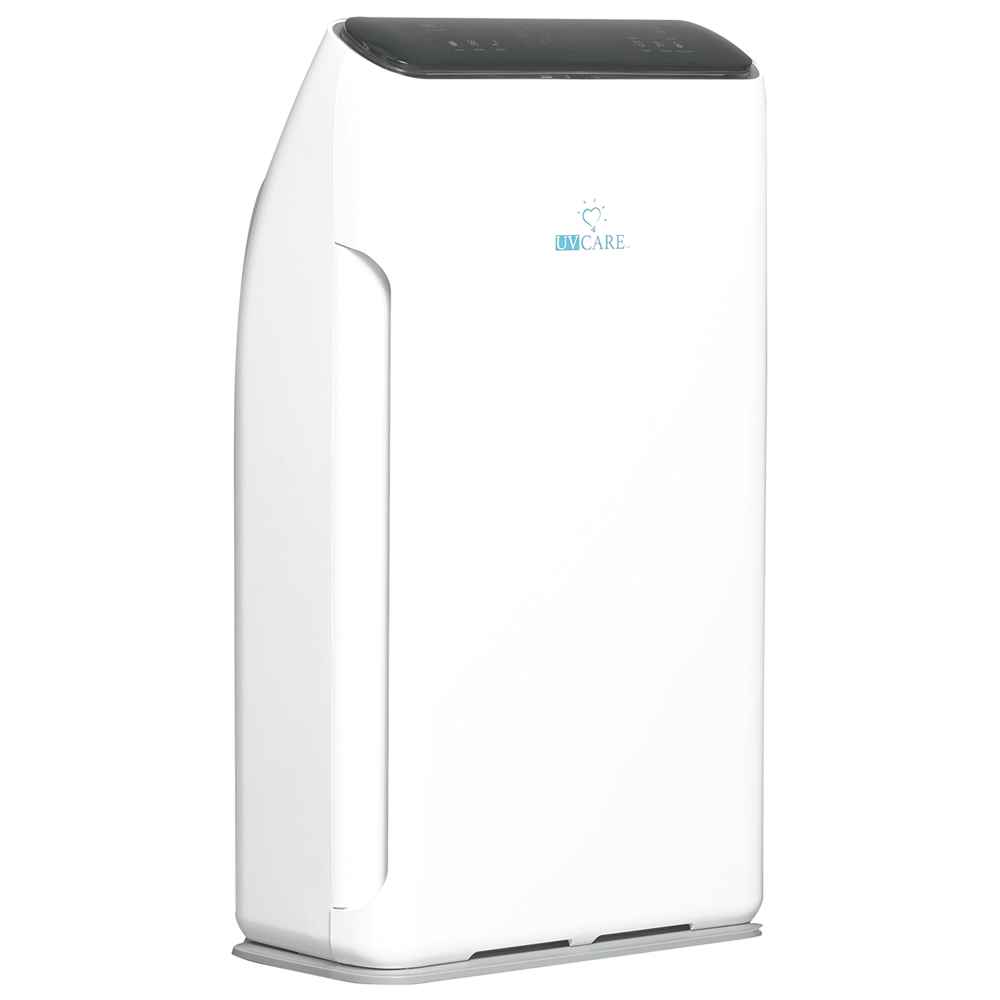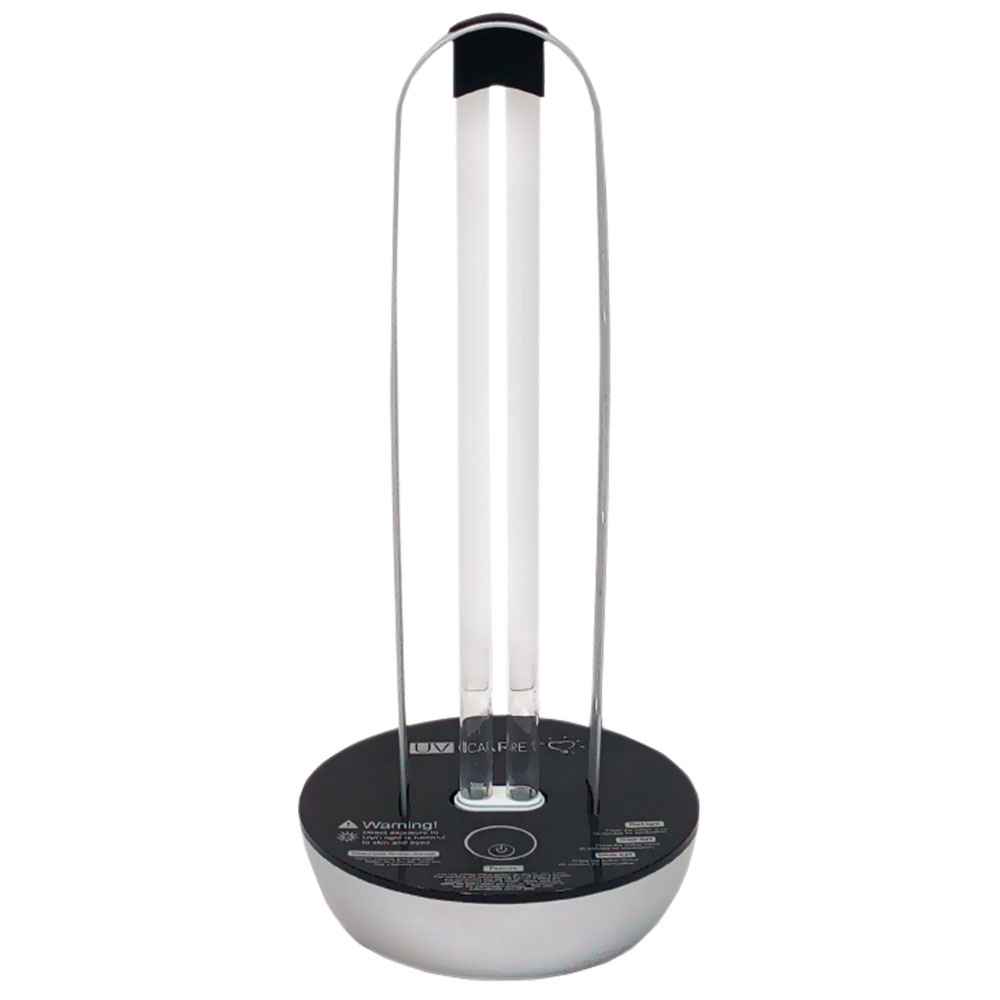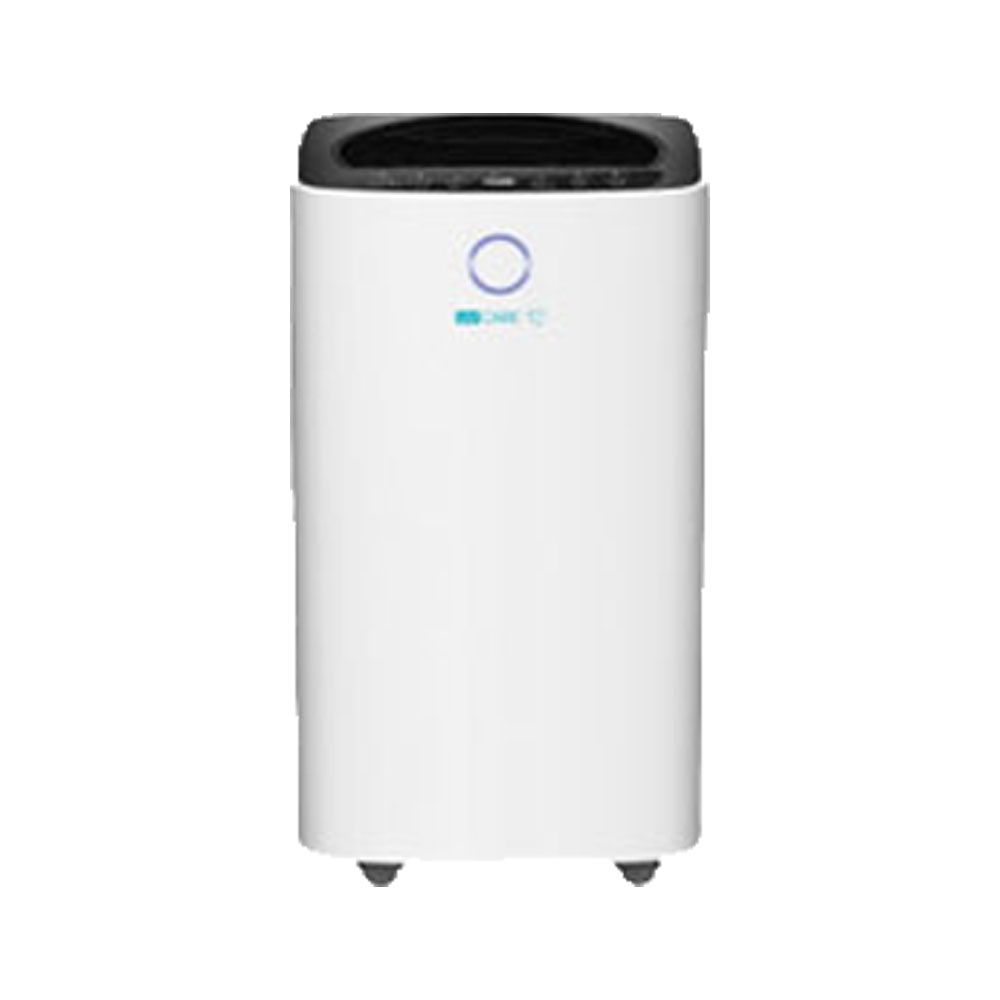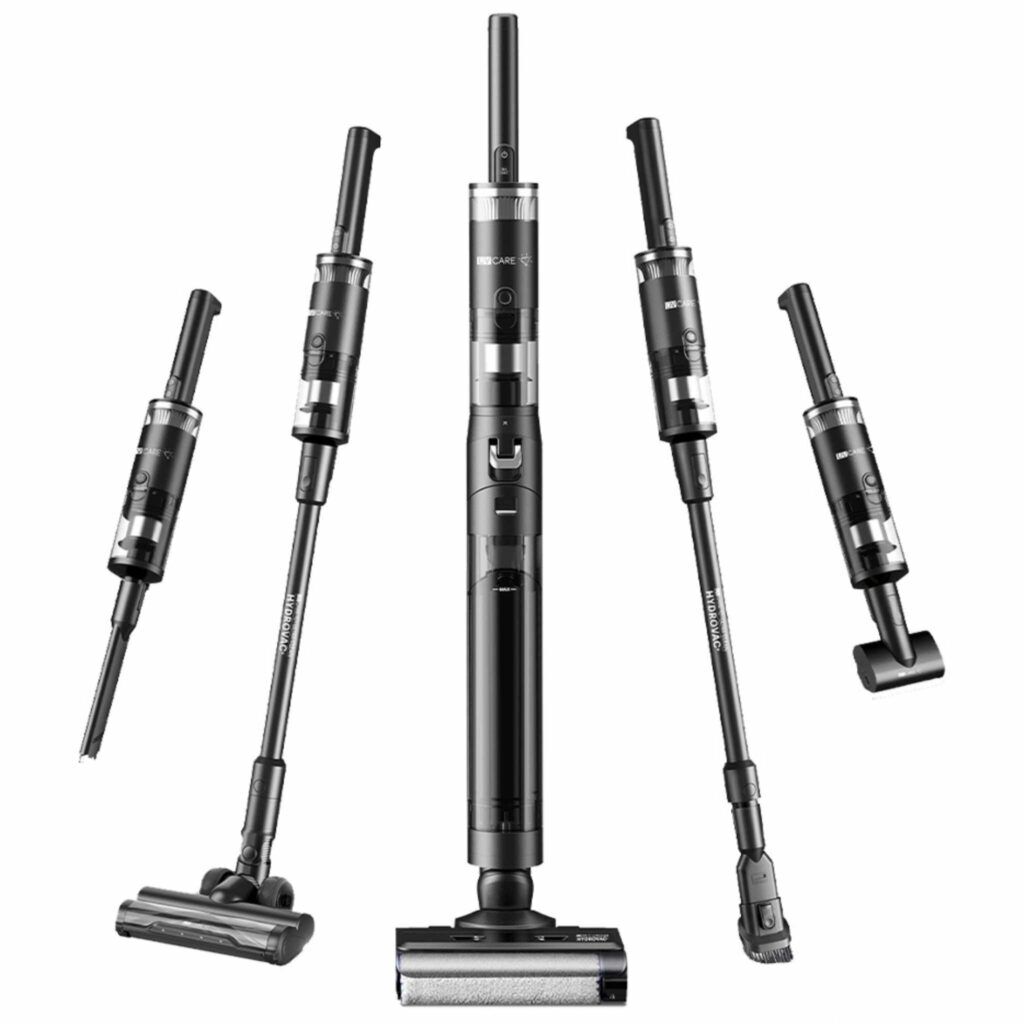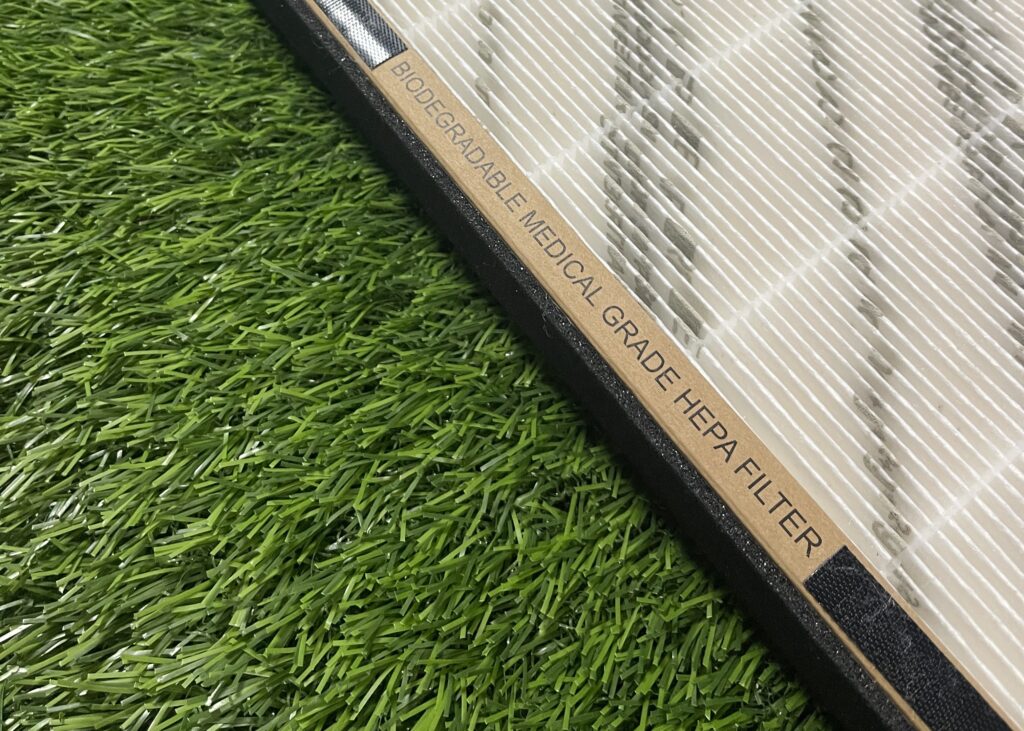
How do HEPA filters work?

Benefits of using HEPA filters for air purification
Improved indoor air quality: HEPA filters are renowned for their ability to remove a wide range of airborne pollutants, including dust, pollen, pet dander, and even some bacteria and viruses. By effectively trapping these particles, HEPA filters can significantly improve the overall air quality in your home or office, providing a cleaner and healthier indoor environment.
Relief from allergies and respiratory issues: For individuals with allergies or respiratory problems, exposure to airborne allergens and irritants can be a constant source of discomfort. HEPA filters, by removing these particles from the air, can provide relief from allergy symptoms, such as sneezing, coughing, and nasal congestion, as well as improve the overall respiratory health of the occupants.
Reduced risk of illness: In addition to capturing allergens, HEPA filters can also remove certain types of airborne bacteria and viruses, which can help reduce the spread of illnesses within the home or office. This is particularly beneficial during flu season or in the event of a pandemic, as HEPA filters can help create a safer and more hygienic indoor environment.
Enhanced energy efficiency: Many HEPA air purifiers are designed to be energy-efficient, using less power than traditional air filtration systems. This not only helps to reduce your energy bills but also contributes to a more sustainable and environmentally-friendly indoor environment.
Improved overall well-being: By providing cleaner, healthier air, HEPA filters can have a positive impact on your overall well-being. Reduced exposure to airborne pollutants can lead to improved respiratory health, better sleep, and a general sense of improved comfort and well-being.
Understanding the different types of HEPA filters
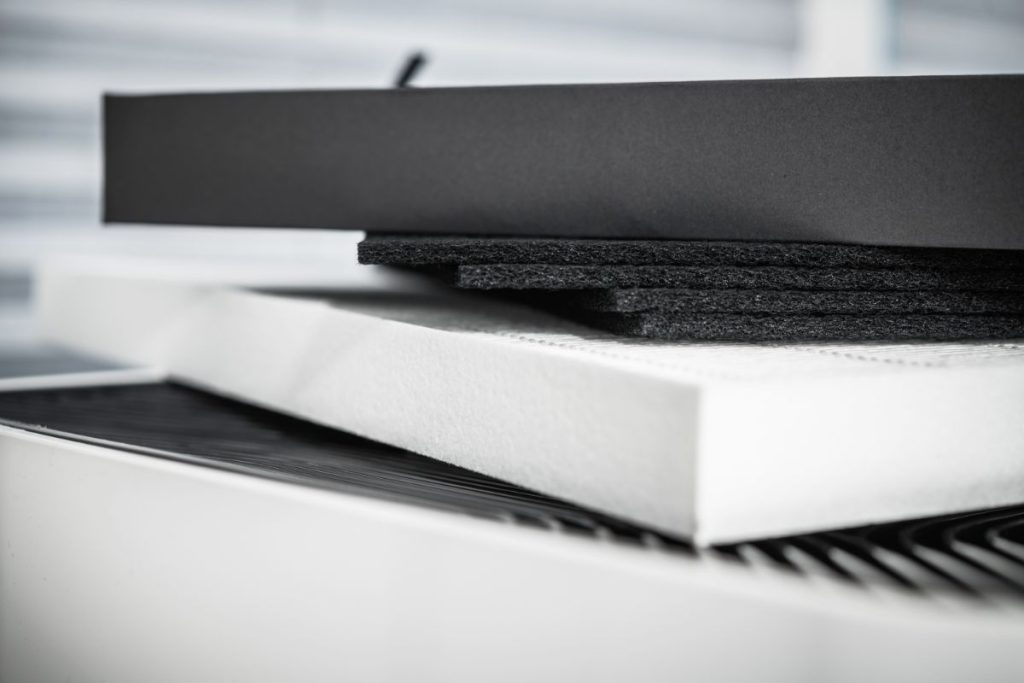
HEPA filters come in a variety of types, each with its own unique characteristics and applications. Understanding the different types of HEPA filters can help you make an informed decision when choosing the right one for your needs.
- True HEPA filters: True HEPA filters are the gold standard in air purification, as they are designed to remove at least 99.97% of airborne particles as small as 0.3 microns in size. These filters are highly effective at capturing a wide range of pollutants, including dust, pollen, pet dander, and even some bacteria and viruses.
- HEPA-type filters: HEPA-type filters are similar to true HEPA filters, but they may not meet the strict standards required for the “true HEPA” designation. These filters are generally less expensive and may not be as efficient as true HEPA filters, but they can still provide significant air purification benefits.
- Washable HEPA filters: Washable HEPA filters are designed to be cleaned and reused, making them a more environmentally-friendly and cost-effective option compared to disposable filters. These filters are typically made of materials that can withstand regular cleaning, such as metal or plastic.
- Activated carbon HEPA filters: Activated carbon HEPA filters combine the particle-trapping capabilities of a HEPA filter with the odor-absorbing properties of activated carbon. These filters are particularly effective at removing volatile organic compounds (VOCs), as well as smoke, odors, and other gaseous pollutants.
- Medical-grade HEPA filters: Medical-grade HEPA filters are designed to meet the strict standards required for use in healthcare settings, such as hospitals and medical laboratories. These filters are highly efficient at capturing airborne particles and are often used in critical environments where air purity is of the utmost importance.
Factors to consider when choosing a HEPA filter
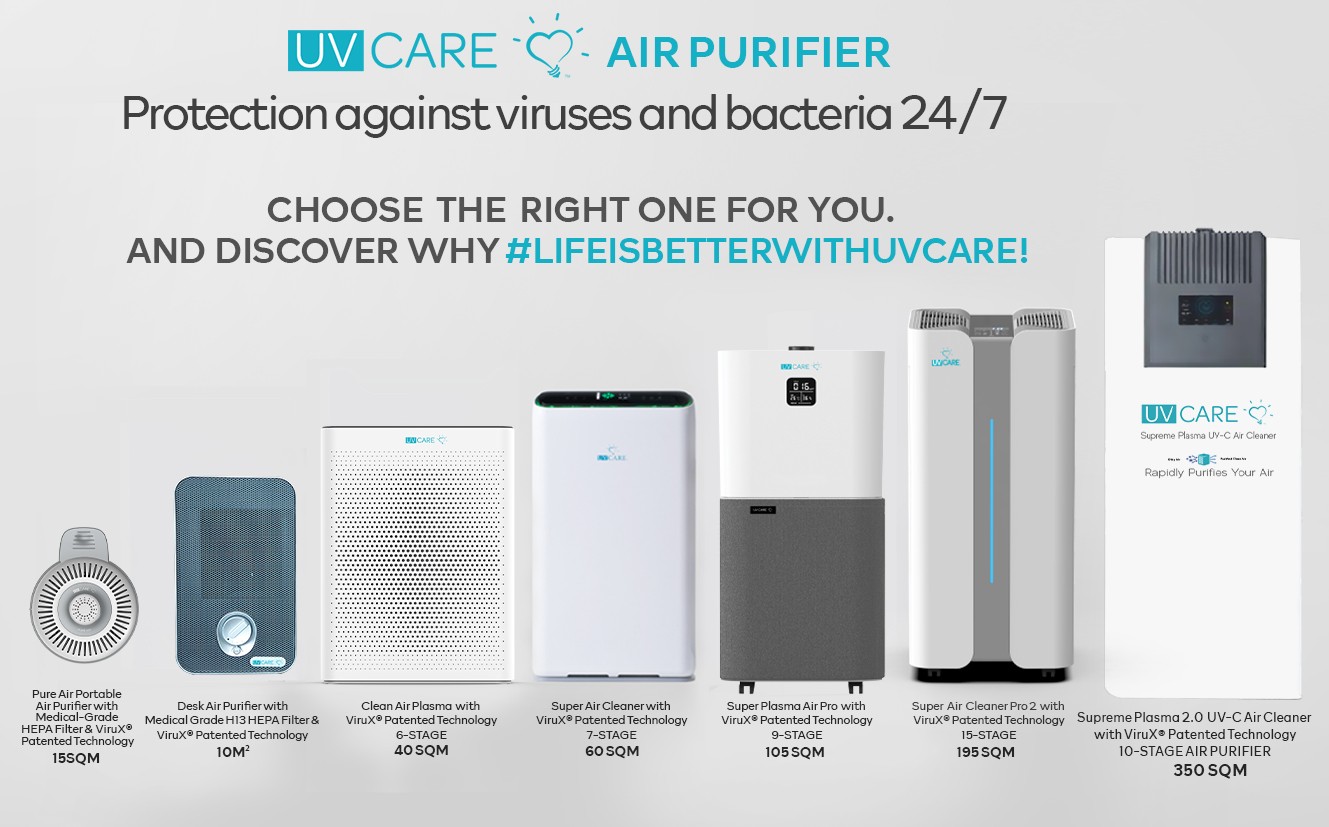
Tips for choosing the right size and strength of a HEPA filter
Choosing the right size and strength of a HEPA filter is crucial for ensuring effective air purification in your home or office. Here are some tips to help you make the right decision:
- Room size: As mentioned earlier, the size of the room or space you want to purify is a key factor in determining the appropriate HEPA filter. Measure the square footage of the room and refer to the manufacturer’s recommendations for the filter’s coverage area. Choosing a filter that is too small for the space will result in ineffective air purification, while a filter that is too large may be overkill and waste energy.
- CADR rating: The CADR rating, or Clean Air Delivery Rate, indicates the volume of clean air the filter can deliver per minute. Look for a HEPA filter with a CADR rating that matches the size of the room or space you want to purify. As a general rule, the CADR rating should be at least two-thirds of the room’s square footage to ensure effective air purification.
- Filter efficiency: When it comes to HEPA filter efficiency, the higher the better. True HEPA filters are designed to remove at least 99.97% of airborne particles as small as 0.3 microns, which is the gold standard for air purification. If you have specific concerns, such as allergies or respiratory issues, consider a filter with an even higher efficiency rating.
- Air changes per hour: Another factor to consider is the number of air changes per hour (ACH) that the HEPA filter can achieve. The ACH rate indicates how many times the filter can purify the air in the room per hour. A higher ACH rate means the air is being filtered more frequently, which can be particularly beneficial in larger spaces or for those with more severe air quality concerns.
- Noise level: HEPA filters can vary in their noise output, with some models being quieter than others. If noise is a concern, look for HEPA filters with a low decibel (dB) rating, especially if the filter will be used in a bedroom or home office where a quiet environment is important.
- Energy efficiency: Energy-efficient HEPA filters can help you save on your utility bills while still providing effective air purification. Look for HEPA filters with Energy Star certification or other energy-efficient features, such as adjustable fan speeds or automatic shut-off functions.
Proper maintenance and care for HEPA filters
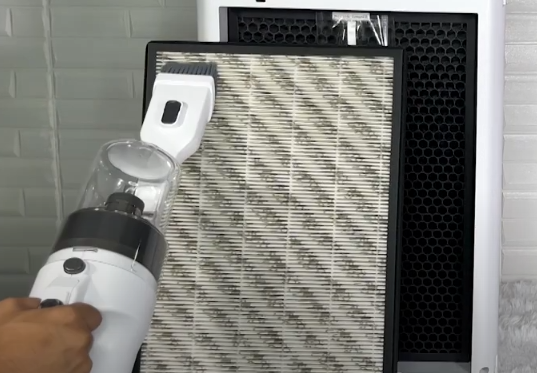
Maintaining and caring for your HEPA filter is essential to ensure its continued efficiency and longevity. Proper maintenance not only keeps your air purifier performing at its best but also helps extend the lifespan of the filter, ultimately saving you money in the long run. Here are some tips for proper HEPA filter maintenance and care:
- Filter replacement: HEPA filters have a limited lifespan, and they will eventually become clogged with the particles they’ve captured, reducing their effectiveness. Check the manufacturer’s recommendations for the recommended replacement interval, which is typically every 6 to 12 months, depending on usage and air quality. Replace the filter as needed to ensure optimal performance.
- Cleaning the filter: In between filter replacements, it’s important to regularly clean the HEPA filter to remove any accumulated dust or debris. Refer to the manufacturer’s instructions for the proper cleaning method, which may involve vacuuming, wiping with a damp cloth, or gently brushing the filter. Avoid using water or any cleaning solutions, as this can damage the filter media.
- Proper storage: If you need to store a HEPA filter for an extended period, such as during the off-season, be sure to store it in a cool, dry place. Avoid exposing the filter to moisture, heat, or direct sunlight, as these can degrade the filter media and reduce its effectiveness.
- Prefilter maintenance: Many HEPA air purifiers come with a prefilter, which is designed to capture larger particles before they reach the HEPA filter. Regularly clean or replace the prefilter according to the manufacturer’s instructions to ensure the HEPA filter can function at its best.
- Proper placement: The placement of your HEPA air purifier can also impact its performance and maintenance needs. Avoid placing the purifier in corners or near furniture, as this can restrict airflow and reduce the filter’s efficiency. Instead, position the purifier in an open, unobstructed area for optimal air circulation.
- Regular maintenance: Set a regular schedule for checking and maintaining your HEPA filter, whether it’s monthly, quarterly, or annually. This will help you stay on top of filter replacements and keep your air purifier running at peak efficiency, ensuring a consistent supply of clean, healthy air.
The Best Practices for an Allergen-Free Home
Beyond Vacuuming
Vacuuming is just one part of keeping your home allergen-free. Here are some additional tips:
- Damp Dusting: Use a damp cloth instead of a dry duster to avoid stirring up dust.
- Wash Bedding Regularly: Clean sheets, pillowcases, and duvet covers weekly in hot water.
- Control Humidity: Use a dehumidifier to keep humidity levels low and discourage dust mites.
- Keep Pets Clean: Regularly groom and bathe your pets to reduce dander.
Creating an Allergy-Free Sanctuary
- Choose Hard Flooring: Carpets can harbor dust mites and other allergens. Consider switching to hard floors.
- Use Allergen-Proof Covers: Encase mattresses and pillows in allergen-proof covers.
- Ventilation: Ensure good ventilation to reduce indoor humidity and allergen buildup.
Common misconceptions about HEPA filters
While HEPA filters are widely recognized as highly effective air purification devices, there are still some common misconceptions that can lead to confusion or misunderstandings. Let’s address some of these misconceptions:
- Myth: HEPA filters can remove all airborne pollutants: While HEPA filters are highly efficient at capturing a wide range of airborne particles, including dust, pollen, pet dander, and some bacteria and viruses, they are not designed to remove all types of pollutants. Certain gaseous pollutants, such as volatile organic compounds (VOCs) and odors, may not be effectively captured by HEPA filters alone.
- Myth: HEPA filters don’t need to be replaced: HEPA filters, like any air filtration system, have a limited lifespan and will eventually become clogged with the particles they’ve captured. Failing to replace the filter as recommended by the manufacturer can significantly reduce the filter’s effectiveness and air purification capabilities.
- Myth: HEPA filters are noisy: While some HEPA air purifiers may produce more noise than others, it is a misconception that all HEPA filters are inherently noisy. Many modern HEPA air purifiers are designed with noise-reducing features, allowing for quiet operation, especially at lower fan speeds.
- Myth: HEPA filters are only for people with allergies: HEPA filters can provide benefits for everyone, not just those with allergies or respiratory issues. By effectively removing a wide range of airborne pollutants, HEPA filters can improve the overall air quality in your home or office, leading to better health and well-being for all occupants.
- Myth: HEPA filters are expensive to operate: While HEPA air purifiers may have a higher upfront cost compared to some other air purification methods, their energy-efficient design and long-lasting filters can make them a cost-effective solution in the long run. Additionally, the health benefits of clean, filtered air can outweigh the operational costs.
- Myth: HEPA filters are difficult to maintain: Proper HEPA filter maintenance, as outlined earlier, is essential for ensuring optimal performance, but it is not an overly complex or time-consuming task. With a little diligence and following the manufacturer’s instructions, HEPA filters can be easily maintained and kept in top condition.
Other air purification methods to complement HEPA filters
While HEPA filters are highly effective at removing a wide range of airborne particles, they may not be the sole solution for comprehensive air purification. Combining HEPA filters with other air purification methods can provide a more holistic approach to improving indoor air quality. Here are some additional air purification methods that can complement HEPA filters:
Activated carbon filters: As mentioned earlier, activated carbon HEPA filters can help remove gaseous pollutants, such as VOCs and odors, in addition to capturing airborne particles. Standalone activated carbon filters can also be used in conjunction with HEPA filters to provide a more complete air purification solution.
UV-C light technology: UV-C light has been shown to be effective in inactivating certain types of bacteria, viruses, and other microorganisms. Incorporating UV-C light into an air purification system can help further reduce the presence of these harmful airborne contaminants.
Ionizers: Ionizers work by releasing negatively charged ions into the air, which attach to airborne particles and cause them to fall to the ground or be attracted to surfaces. While ionizers can be effective at removing some pollutants, they should be used in conjunction with HEPA filters to ensure comprehensive air purification.
Ozone generators: Ozone generators produce ozone, which can help neutralize odors and break down certain airborne chemicals. However, ozone can also be harmful to human health in high concentrations, so ozone generators should be used with caution and in accordance with safety guidelines.
Air quality monitoring: Incorporating an air quality monitor into your air purification system can provide valuable insights into the levels of various pollutants in your indoor environment. This information can help you make informed decisions about the type and size of HEPA filter you need, as well as guide the use of other air purification methods.
By combining HEPA filters with these complementary air purification methods, you can create a comprehensive and highly effective system for maintaining clean, healthy indoor air quality in your home or office.
Conclusion: Making an informed decision for clean and healthy air
In conclusion, HEPA filters are a highly effective and versatile air purification solution that can significantly improve the quality of the air you breathe. By understanding how HEPA filters work, the different types available, and the factors to consider when choosing the right one, you can make an informed decision that will provide you and your loved ones with clean, healthy air.
Remember, proper maintenance and care are essential for ensuring the continued efficiency of your HEPA filter. Regular filter replacements, cleaning, and proper placement can all contribute to the long-term performance of your air purification system.
While HEPA filters are a powerful tool for improving indoor air quality, they can be further enhanced by incorporating other air purification methods, such as activated carbon filters, UV-C light technology, and air quality monitoring. By taking a holistic approach to air purification, you can create a comprehensive solution that addresses a wide range of airborne pollutants and provides you with the cleanest, healthiest indoor environment possible.
Don’t settle for subpar air quality. Invest in a high-quality HEPA filter and take control of the air you breathe. With the right information and a commitment to proper maintenance, you can enjoy the many benefits of clean, purified air and improve your overall health and well-being.

